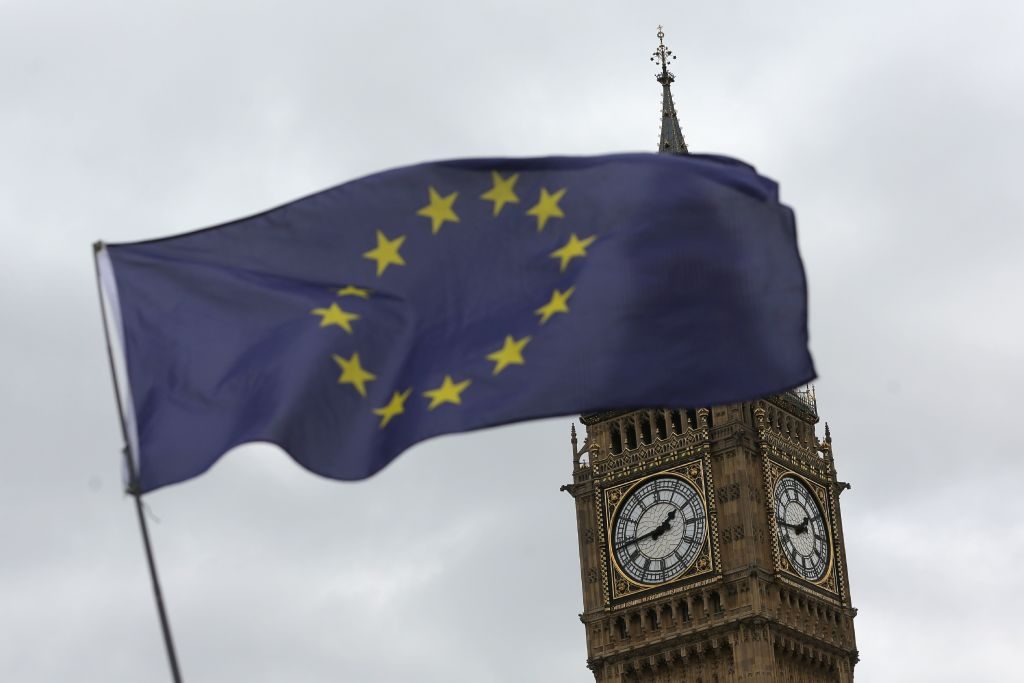By George Friedman
In recent weeks, EU negotiators have claimed that the British negotiators of Brexit are not sufficiently sophisticated to understand the complex issues being dealt with, and that, in essence, it is frustrating for EU negotiators to deal with unskilled negotiators. I have found that dealing with unskilled negotiators has frequently created opportunities for me, but apparently the EU wants to have a better team to play against.
A great deal of this is, of course, political maneuvering. The EU desperately wants to avoid a British withdrawal from the bloc. By making this charge, it hopes to discredit the British negotiating team and sow distrust between the British public and the negotiators. Implicit in what is being said is that the British team is going to fail to get a good deal for Britain, and that therefore the risks of Brexit for Britain are pyramided. Why the EU wouldn’t keep this fact secret, and negotiate a superb deal for itself, is a mystery, but the posture is almost that the EU wants to save the British from their own stupidity.
It’s not a bad maneuver, but it unravels at a certain point. The British team consists of well-educated and experienced civil servants. In claiming that this team is not up to the task of understanding the complexities of EU processes and regulations, the EU has made the strongest case possible against itself. If these people can’t readily grasp the principles binding Britain to the EU, then how can mere citizens understand them? And if the principles are beyond the grasp of the public, how can the public trust the institutions? We are not dealing here with the complex rules that allow France to violate rules on deficits but on the fundamental principles of the European Union and the rights and obligations – political, economic and moral – of citizens. If the EU operating system is too complex to be grasped by British negotiators, then who can grasp it?
The EU’s answer to this is that the Maastricht treaty, a long and complex document, can best be grasped by experts, particularly by those experts who make their living by being Maastricht treaty experts. These experts and the complex political entities that manage them don’t think they have done a bad job managing the European Union. In spite of the nearly decadelong economic catastrophe in Southern Europe, they are content with their work. In their minds, the fault generally lies with Southern Europe, not the EU; the upheaval in Europe triggered by EU-imposed immigration rules had to do with racist citizens, not the EU’s ineptness; and Brexit had to do with the inability of the British public to understand the benefits of the EU, not the fact that the benefits were unclear and the rules incomprehensible. The institutionalized self-satisfaction of the EU apparatus creates a mindset in which the member publics must live up to the EU’s expectations rather than the other way around.
 An EU flag is held by an anti-Brexit protester in Parliament Square with Elizabeth Tower (Big Ben) in the background on March 29, 2017. DANIEL LEAL-OLIVAS/AFP/Getty Images
An EU flag is held by an anti-Brexit protester in Parliament Square with Elizabeth Tower (Big Ben) in the background on March 29, 2017. DANIEL LEAL-OLIVAS/AFP/Getty Images
The EU has become an authoritarian regime insisting that it is the defender of liberal democracy. There are many ways to strip people and governments of their self-determination. The way the EU has chosen is to create institutions whose mode of operation is opaque and whose authority cannot be easily understood. Under those circumstances, the claim to undefined authority exercised in an opaque manner becomes de facto authoritarianism – an authoritarianism built on complexity. It is a complexity so powerful that the British negotiating team is deemed to be unable to grasp the rules.
In essence, the British position seems simple. The U.K. wants to be part of a European free trade zone, modified again like it has been in the past. It wants to determine its own fate rather than be governed by the EU. If there is to be aid to member states, then it will be voted on by the Parliament. In other words, they do not want to disrupt trade. Nor do they want to be governed by a system that doesn’t work very well.
So long as the British negotiating team plays by EU rules, it will lose. The myriad points of darkness that make up the vast complexity of the EU structure cannot be negotiated. In part, they exist so that they cannot be understood. If the British negotiators start with the elegant institutional and moral principles that frame their unwritten constitution, they can present the terms under which they will work with the EU. Not to worry – the Germans won’t stop trading with the British. They can’t stop, and the British will have the upper hand if they employ British aplomb and remember that excluding Britain from the free trade zone is not an option for the EU. From there, it is simple.







 The Geopolitics of the American President
The Geopolitics of the American President